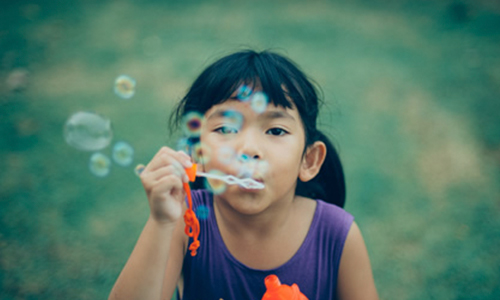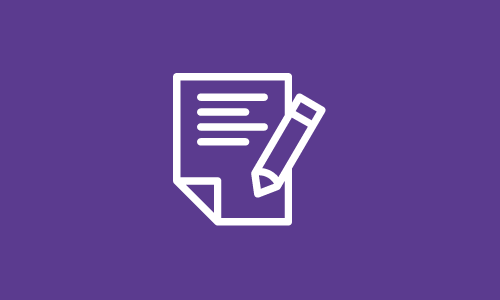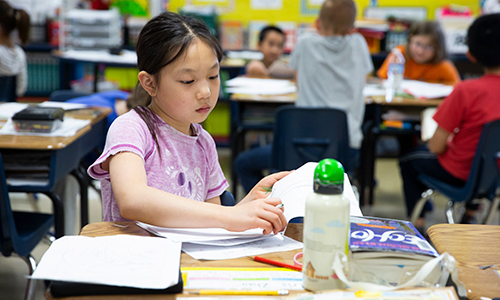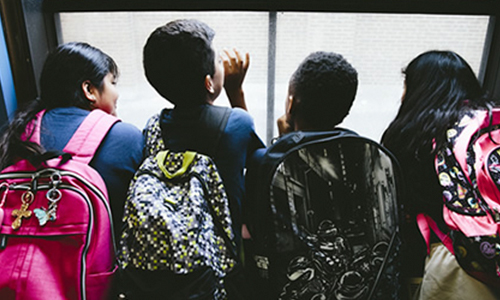
Description
Megan Kuhfeld shares work exploring how differing patterns of summer learning loss or growth may impact academic achievement gaps.
View blogAssociated Research
Related Topics
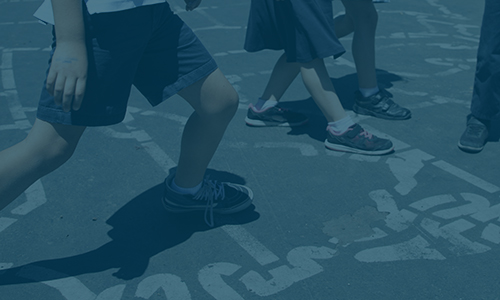

Effective summer programs: Practical guidance for district leaders
This report dives into the research on summer programs, their implementation and design, as well as the efficacy of those programs for literacy, math, and social-emotional learning (SEL) outcomes. It also provides recommendations for district leaders to use as a framework for planning and implementing effective summer programming.
By: Miles Davison, Jazmin Isaacs, Sofia Postell, Michael Gaddis, PhD, Ayesha K. Hashim, Susan Kowalski, Karyn Lewis
Topics: COVID-19 & schools, Growth, Guidance, Seasonal learning patterns & summer loss
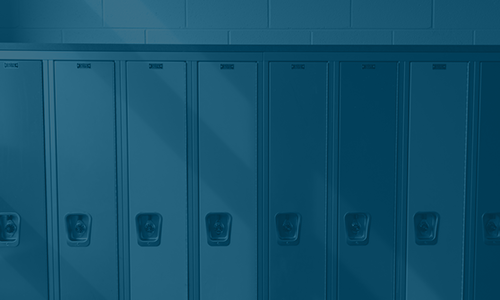

Typical learning for whom? Guidelines for selecting benchmarks to calculate months of learning
To describe the impact of the COVID-19 pandemic on students, researchers have translated test scores into months of learning to claim how many months/years students are behind in school. Despite its perceived accessibility, there are major downsides to this translation. To inform future uses by researchers and media, we discuss in this brief how to calculate this metric as well as its trade-offs.
By: Megan Kuhfeld, Melissa Diliberti, Andrew McEachin, Jon Schweig, Louis T. Mariano
Topics: COVID-19 & schools, Equity, Growth, Growth modeling, Seasonal learning patterns & summer loss


In this blog, Elizabeth Barker shares the motivation and key insights from her study with Angela Johnson exploring academic achievement and growth for students in special education during summers and school years.
By: Elizabeth Barker
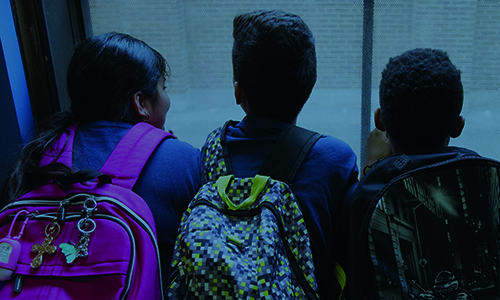

The forgotten 20 percent: Achievement and growth in rural schools across the nation
New research using data from over 2,300 rural schools across the US provides unique insight into math and reading achievement of students in rural schools so educators and policymakers can better understand and support the potential needs of rural schools.
By: Angela Johnson, Megan Kuhfeld, James Soland
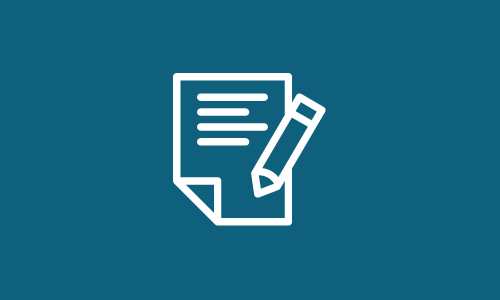

Achievement and growth for English Learners
This study reports achievement and growth from kindergarten to 4th grade for three groups of English Learners. The findings suggest summer support is required to help ELs maintain and develop academic skills.
By: Angela Johnson
Topics: Equity, English Language Learners, Seasonal learning patterns & summer loss


Achievement and growth for English Learners
This study reports achievement and growth from kindergarten to 4th grade for three groups of English Learners. The findings suggest summer support is required to help ELs maintain and develop academic skills.
By: Angela Johnson
Topics: Equity, English Language Learners, Seasonal learning patterns & summer loss


Supporting students with disabilities throughout the year
Students with disabilities lose even more ground than peers during summer and other interruptions in their learning—but they don’t need to. Data point to a need for services that extend beyond the school year.
By: Elizabeth Barker, Angela Johnson

